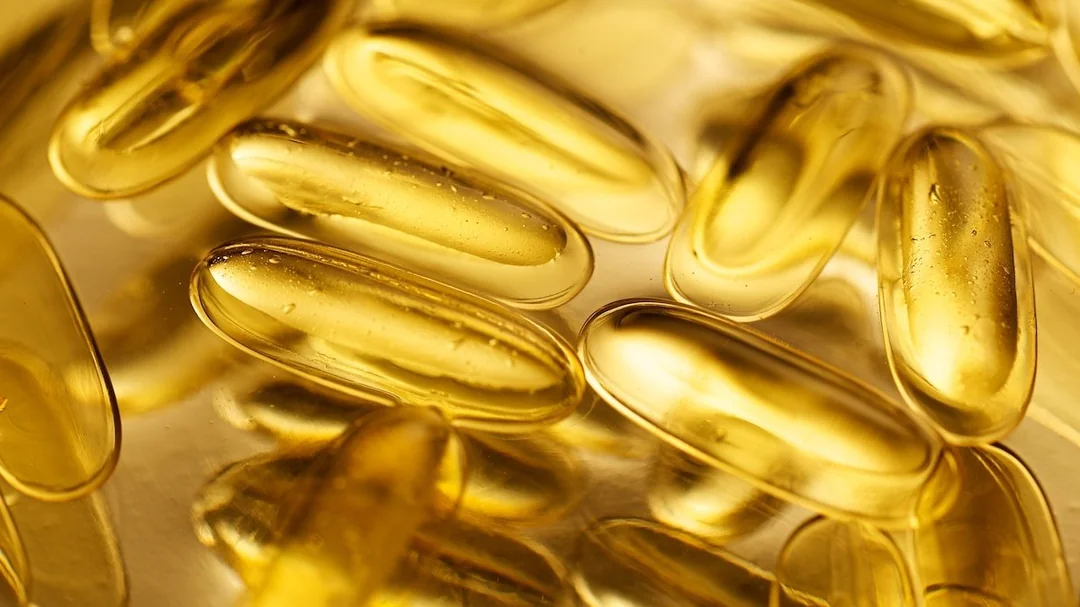
Admin October 07, 2025
Liver Problems Linked to Supplement Use Are on the Rise - Here’s Why
In India and worldwide, supplement use has exploded - the Indian market was about $5.17 billion in 2024 and growing at ~13% per year. This surge reflects health trends (77 million Indians have diabetes, fueling use of protein and immunity boosters), but it comes with hidden risks. Doctors are seeing more unexplained hepatitis and liver failure cases in supplement users. For example, a recent Times of India report described a healthy man who developed cirrhosis after years of daily Ayurvedic “immunity” tonics. Experts warn that “natural” does not guarantee safe – ingredients like ashwagandha and turmeric are already linked to severe liver injury. In fact, one U.S. survey found ~5% of adults used a potentially hepatotoxic herbal supplement (e.g. ashwagandha, turmeric) in the past month. As the supplement boom continues unchecked, liver specialists report that more patients arrive with supplement-induced liver injury - some so severe they require emergency transplant.
Herbal and dietary supplements can carry serious toxins. Studies show Ayurvedic medicines can cause “everything from mild enzyme elevations to advanced cirrhosis”. In India, common Ayurvedic herbs like Tinospora cordifolia (Giloy) and Withania somnifera (ashwagandha) are now implicated in liver injury. Leading hepatologists have even called Giloy “the most liver-toxic Ayurvedic plant,” citing about 200 reported cases of Giloy-related hepatitis in India. Likewise, ashwagandha has been linked to cholestatic hepatitis and acute liver failure. Many multi-herb powders are also problematic: chemical analyses often find undeclared heavy metals (arsenic, mercury) in Ayurvedic formulations, which have been associated with fatal liver injury. The U.S. FDA similarly cautions that unregulated herbal pills “may contain heavy metals” and have not been reviewed for safety. In short, no supplement is risk-free – even centuries-old herbs can become toxic when misused, contaminated or taken in high doses.
Common Culprits: Herbs and “Performance” Supplements
Many popular supplements have well-documented liver risks. Key examples include:
- Ashwagandha (Withania somnifera): Reported to cause cholestatic hepatitis and liver failure in multiple cases. In an Indian series (2019–22), 23 patients developed ashwagandha-induced hepatitis (8 of them taking only pure ashwagandha).
- Giloy (Tinospora cordifolia): Causes immune-mediated hepatitis in susceptible people. One leading doctor reports ~200 cases of Giloy-related liver injury in India.
- Green tea extract: Often used for weight loss, it can produce unpredictable liver damage.
- Turmeric/Curcumin supplements: Safe in food amounts, but concentrated extracts have triggered autoimmune-like hepatitis in rare cases.
- Multivitamins & Gummies: Overdoses of vitamin A or niacin can harm the liver. (For example, excess vitamin A is known to cause liver fibrosis.)
- Weight-loss and body-building formulas: These are the most common supplements causing liver injury. Many contain undeclared stimulants or anabolic steroids. U.S. data show the use of such products rose sharply – they account for up to 20% of acute liver injury cases. For instance, the weight-loss supplement OxyELITE Pro was withdrawn in the U.S. after multiple acute liver failure cases.
Recognizing Symptoms - When to See a Liver Specialist
Because supplement-induced liver injury often mimics other diseases, it can be hard to recognize. Key warning signs include:
- Jaundice: Yellowing of the skin or eyes.
- Severe fatigue or weakness: Feeling unusually tired.
- Abdominal pain or swelling: Especially in the upper right (liver) area.
- Dark urine or pale stools: Signals bilirubin buildup.
- Nausea, vomiting, loss of appetite or fever.
If any of these occur after taking supplements, prompt evaluation is crucial. Patients should tell their doctor about all supplements they are using, since medical tests alone can’t easily identify herbal toxins. Liver specialists emphasize that doctors must ask about supplement or herbal use when confronted with unexplained liver abnormalities. In many reported cases, patients’ liver tests began improving after they stopped the offending supplement. Ultimately, a hepatologist (liver specialist) can perform specific tests (blood work, imaging, or biopsy) to diagnose supplement-induced injury and guide treatment.
Reducing Your Risk
To protect yourself, use supplements with caution. Buy products from reputable manufacturers with clear labels, and avoid high-dose mixtures or exotic formulations. Remember that “natural” does not equal safe: even common herbs can cause harm in some people or when combined with other drugs. Regulatory oversight is limited: supplements aren’t tested like medicines, so adverse effects often emerge only after people use them widely. If you have a known liver condition or are on other medications, consult a liver specialist before taking any new herbal or dietary supplement. And if you develop liver-related symptoms, stop the supplement immediately and seek medical care.
In summary, growing supplement use in India has been paralleled by rising reports of liver injury. Medical experts urge the public to be vigilant: use supplements only as directed, be aware of ingredients, and always inform your liver specialist about any health products you take. Early recognition and specialist care can make the difference between a minor side effect and a life-threatening liver failure.
Disclaimer
This article is for awareness purposes only and should not be considered medical advice; please consult your doctor for any liver-related concerns.
